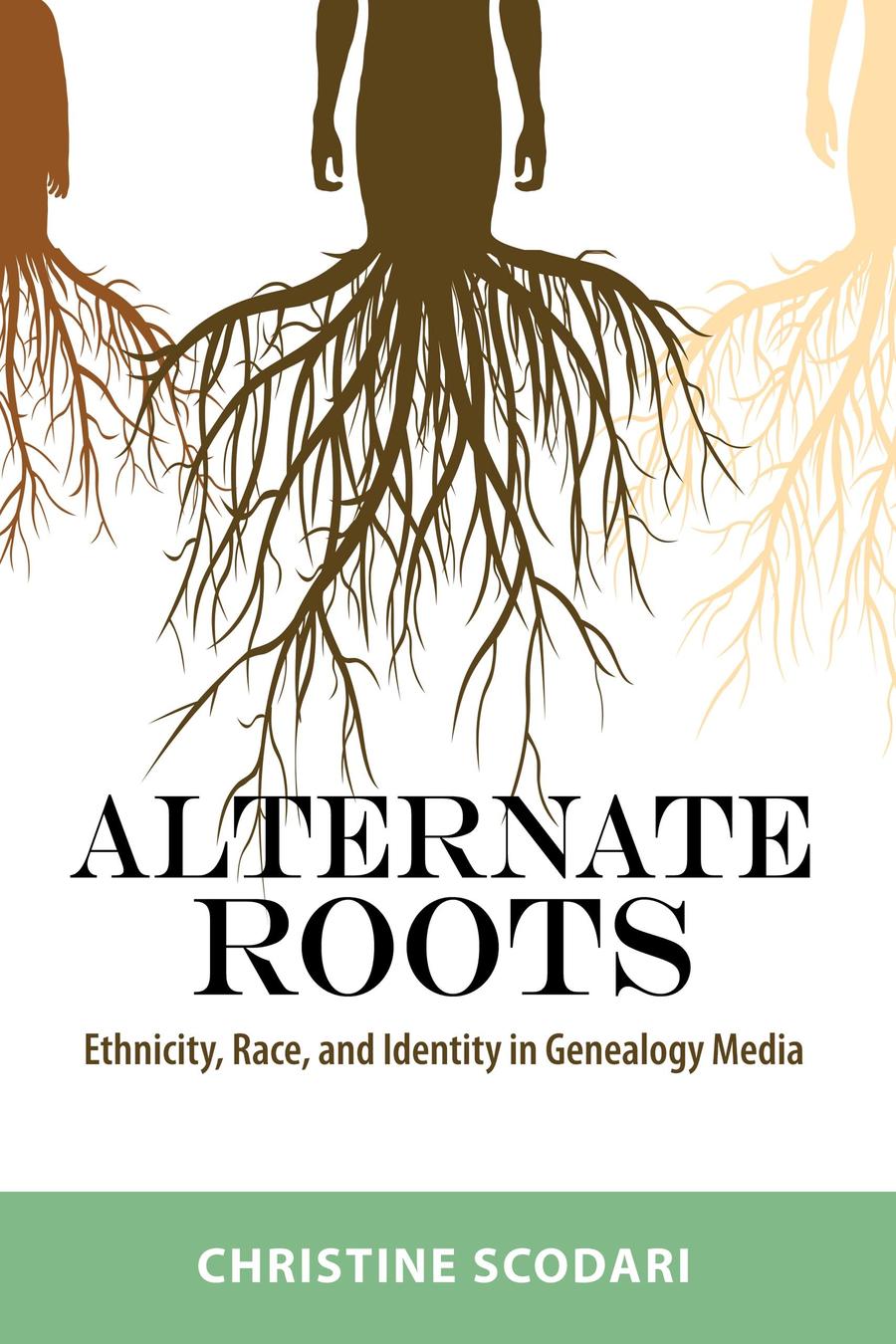Mahomes’ performance leaves no doubt: Black NFL QB’s have arrivedPosted in Articles, Media Archive, United States on 2020-02-05 02:11Z by Steven |
Mahomes’ performance leaves no doubt: Black NFL QB’s have arrived
NBC News
2020-02-04
 Patrick Mahomes, 24, of the Kansas City Chiefs became the youngest quarterback to be named Super Bowl MVP. Mike Blake / Reuters |
“Mahomes’ performance was uplifting and annihilates the narrative that African American quarterbacks are somehow less capable.”
Doug Williams did it first. Russell Wilson came next. And Patrick Mahomes is now the third African American quarterback to win a Super Bowl, and his explosive performance on Sunday confirmed, if anyone still questioned, that the era of the black NFL QB is upon us.
With the world watching, Mahomes brought the Kansas City Chiefs back from a 10-point deficit in the final minutes, catapulting the franchise to its first Super Bowl win in 50 years, 31-20, over the shell-shocked San Francisco 49ers.
For the first time in a week, there was an athletic performance impressive enough to distract sports fans from the tragic death of NBA legend Kobe Bryant.
“Mahomes’ performance was uplifting and annihilates the narrative that African American quarterbacks are somehow less capable,” said Clint Crawford, an engineer, after getting a haircut at his favorite barbershop in Los Angeles Monday. “He executed when it counted most and demonstrated the kind of toughness and fiery resolve we came to expect from athletes like Tom Brady and Kobe Bryant.”…
Read the entire article here.







